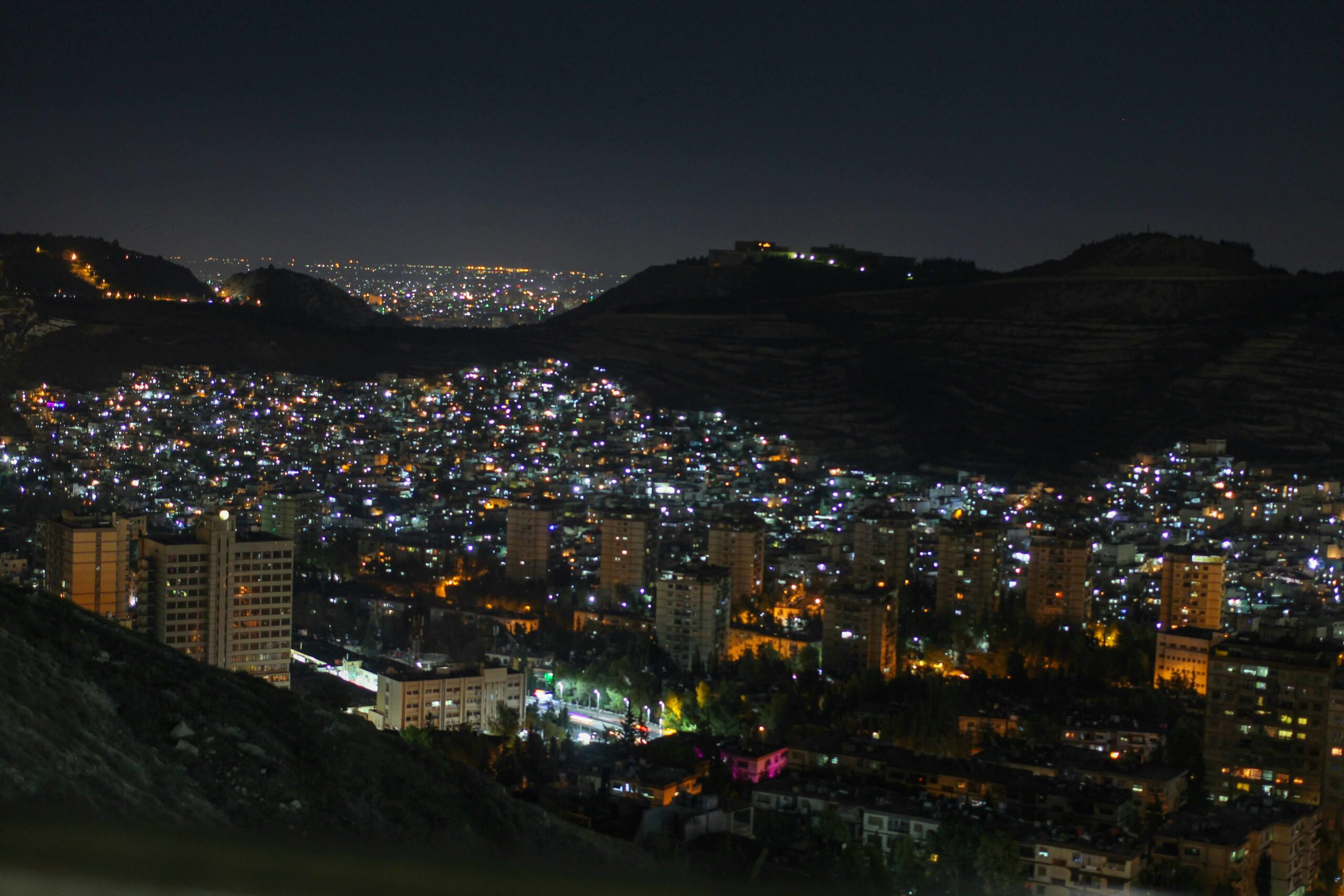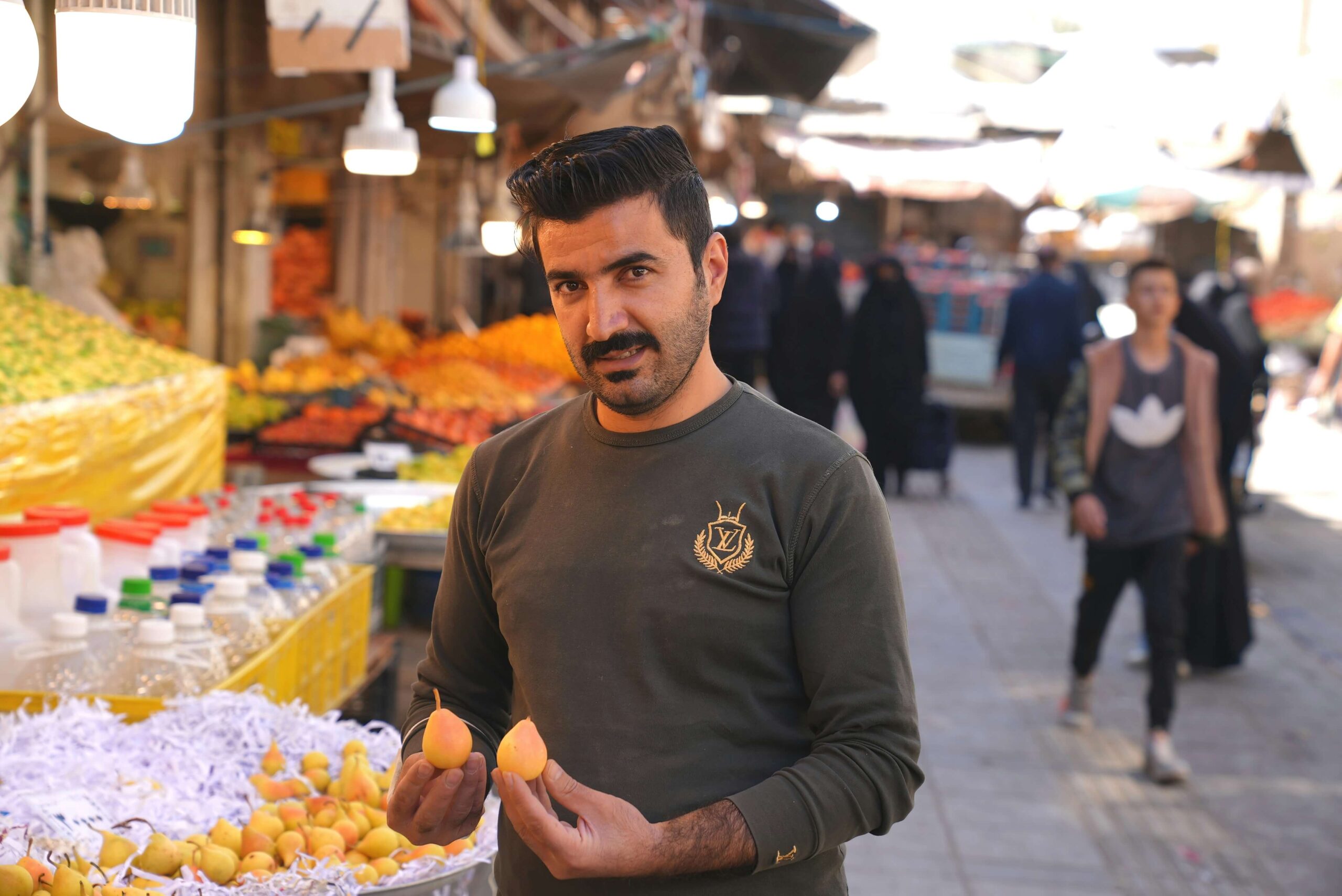Syria welcomes overseas investments across various industries. The Syrian Investment Agency (SIA) facilitates greater global involvement and provides incentives, including tax breaks, customs exemptions, and special economic zone gifts.
Although the potential for private sector investment in Syria is welcomed, especially in areas essential for development, the legal structure and some limitations must be dealt with.
Is It Legal to Invest in Syria as a Foreigner?
Foreign investment is welcomed and encouraged in several sectors in Syria.
However, compliance with local regulations and international sanctions is mandatory. Most projects need to be registered with The Syrian Investment Agency.
Is Syria No Longer Sanctioned?
As of June 30th, 2025, the government of the United States has removed most of the sweeping economic restrictions previously in place on Syria with Executive Order SB-0183 signed by President Trump.
This sanctions removal was intended to reintegrate Syria into the global economy, fostering investment, providing reconstruction support, and encouraging further investment into the country.
What is Syria’s Main Export?
Today, Syria’s major export is agricultural and food-grade products.
In particular, pure olive oil, which constituted around 37 percent of Syria’s export value in 2023, estimated at approximately $306 million (USD), along with calcium phosphate, certain spices, raw cotton, and processed fruits and nuts.
Special Economic Zones and ‘Free Zones’
Syria has free zones in Damascus, Aleppo, and Latakia where foreign companies can operate with minimal customs duties and regulations. These zones seek to enhance trade, manufacturing and industrial creativity in Syria.
What is the Best Way to Enter the Syrian Market?
The best way to get into the Syrian market is to cooperate with a local business or legal firm that understands the regulatory framework of the country.
To make the best of the country’s opportunities, foreign investors are advised to work with a local consultant, legal advisor, or business entity to navigate complicated cultural and regulatory hurdles.
These partnerships can help foreign investors with business registration, obtaining licenses and permits, as well as compliance with taxation and labour regulations.
Companies aiming to minimise operational hurdles may strategically benefit from one of Syria’s free economic zones, as they offer logistical and fiscal advantages.
Syria’s Key Investment Opportunities For Foreign Investors
There are a range of different investment avenues, which are leading increasing numbers of investors and entrepreneurs to set up businesses in Syria, including in the agriculture, textiles and tourism sectors:
Agriculture and Agribusiness
Syria has fertile land and a Mediterranean climate which makes it perfect for agriculture. Major crops produced are wheat, olive, cotton, citrus fruits, and vegetables.
Some opportunities for investment in Syria for foreign investors include:
- Greenhouse and modern irrigation systems
- Food packaging and export
- Cold storage facilities and logistics
- Agricultural equipment and AgriTech
Manufacturing and Textile Production
Syria has maintained a long-established industrial history in the light and medium-scale industry. The most notable industries include textiles, clothing, plastics, building materials, and food processing.
Investors Can Expand Business Opportunities With:
- Reviving textile production facilities
- Establishing food and beverage processing plants
- Investing in industrial equipment and spare parts
- Engaging in public-private partnerships for local production
Energy and Natural Resources
Syria has significant deposits of crude oil, natural gas, and phosphates. Although energy output is lower than it used to be, there are still active restoration projects in this area and foreign partnerships are highly sought out.
Opportunities in This Field Include:
- Oilfield services and infrastructure upgrades
- Phosphate mining and processing
- Renewable energy, especially solar and wind
- Energy-efficient technologies and utilities modernisation
Tourism and Hospitality
Syria’s ancient cities, religious sites and UNESCO World Heritage Sites give it great potential for tourism that is able to drive economic development while helping in the preservation of culture.
Opportunities Include:
- Boutique hotels and guesthouses
- Heritage restoration projects
- Eco-tourism and guided travel services
- Hospitality training institutes and services
Construction and Infrastructure
Overall demand for residential, commercial and industrial infrastructure is increasing. In major urban centers, there is construction of housing, roads, and public utilities.
Consider these opportunities:
- Real estate development
- Cement and construction materials
- Engineering and architectural services
- Public-private partnerships for infrastructure projects
Telecommunications and Technology
There is plenty of room for digital-creativity because of Syria’s growing youth population and their demand for digital technology.
Consider these opportunities:
- Internet and mobile network expansion
- Software development and IT services
- E-commerce and digital platforms
- Technical education and training centres



